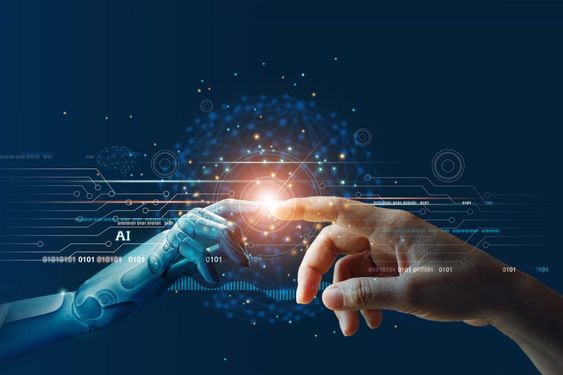Automation: AI streamlines repetitive tasks, such as code debugging, system monitoring, and network security, thereby enhancing operational efficiency and reducing human error.
Predictive Maintenance: AI algorithms can analyze large volumes of data from IT systems to predict when equipment might fail, enabling proactive maintenance and minimizing downtime.
Cybersecurity: AI-powered systems can detect and respond to security threats in real-time, helping to fortify IT infrastructures against cyberattacks and data breaches.
Enhanced Customer Support: Chatbots and virtual assistants driven by AI provide round-the-clock customer support, resolving queries, and providing assistance without human intervention.
Data Management and Analytics: AI enables IT professionals to extract valuable insights from vast amounts of data, facilitating informed decision-making and strategic planning.

Natural Language Processing (NLP): NLP algorithms enable better understanding and interpretation of human language, improving communication between IT systems and end-users.
Resource Optimization: AI optimizes resource allocation by analyzing usage patterns and predicting future demands, ensuring that IT resources are utilized efficiently.
Personalized Experiences: AI algorithms analyze user behavior and preferences to deliver personalized experiences, such as tailored recommendations and targeted marketing campaigns.
Software Development: AI tools assist developers in writing code, testing software, and identifying bugs, accelerating the software development lifecycle.
IT Infrastructure Management: AI systems manage and optimize IT infrastructures, including cloud computing resources, servers, and networks, to ensure high performance and reliability.
Overall, AI is playing a transformative role in the IT sector by enhancing productivity, improving decision-making, and enabling innovative solutions to complex challenges.

